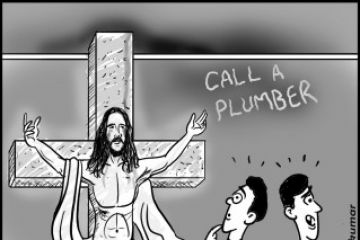
Human civilisation is
a record of the relationship between words and thought. And no one knows the
problem of this relationship more intensely; no one has felt it in his blood
more deeply than a sensitive poet. History throws up ideas, thoughts and
perceptions concerning life and reality. These perceptions are conceptualised
into dogmas, ideologies and theories. At the social level words acquire the
smell of these dogmas and ideologies, like butter in the refrigerator. And as
the poet take
Continue reading “How the Word turns into the world”
Read this story with a subscription.





